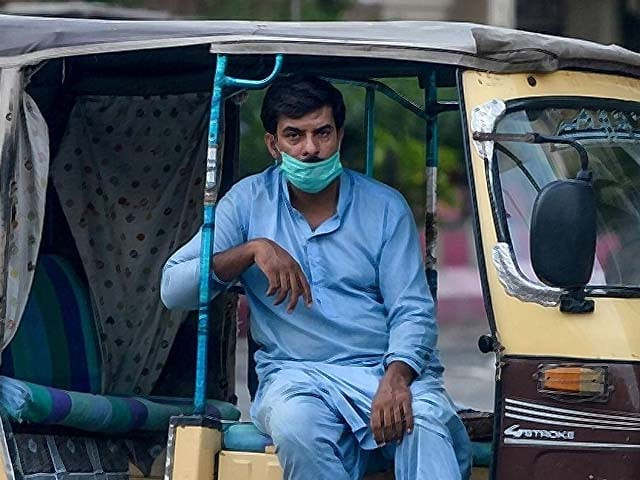As the rate of new Covid-19 cases picks up pace across the developing world and further exacerbates the ensuing socio-economic crisis, it is apparent that unprecedented policy measures need to be adopted to help curb the impact of this virus. To date, the virus has infected 16 million individuals and has resulted in more than 644,000 known deaths worldwide. The virus has exacerbated pre-existing global and national inequalities and has widened disparities among the poorest and most vulnerable sections of the society.
With more than 100 million people expected to be pushed into the throes of extreme poverty in 2020, nearly 1.4 billion children adversely affected by school closures, and rising unemployment and destitution levels, international organisations such as the United Nations Development Programme (UNDP) predict that global human development will decline this year for the first time since the concept was introduced.
In most developing countries, social protection schemes are weak and target only formal workers, leaving the most vulnerable partially or fully unprotected. According to the UNDP administrator, Achim Steiner,
“A temporary basic income might enable governments to give people in lockdown a financial lifeline, inject cash back into local economies to help keep small businesses afloat, and slow the devastating spread of Covid-19.”
Potential beneficiaries of this scheme are defined by vulnerability thresholds dependent on varying living standards across countries. For countries in Europe, Central Asia, Latin America and the Caribbean, the poor are defined as those living below $13 a day cutoff whereas in countries situated in East Asia, Pacific, Middle East and North Africa, the beneficiary population lives below $5.50 a day. Countries in South Asia and sub-Saharan Africa will have people who live below $3.20 a day benefitting from this scheme.
Unconditional cash transfers in the form of a temporary basic income, a minimum guaranteed income above the poverty line, can help mitigate the effects of the Covid-19 crisis on the most vulnerable who do not have access to adequate social assistance or insurance protection. Targeting the world’s poorest 2.7 billion people living in 132 developing countries, implementation of such a scheme would allow these vulnerable populations to practice social distancing and stay home.
Amounting to $199 billion per month, UNDP describes this anticipated six-month guaranteed handout as being “a time-bound, guaranteed basic income” With the pandemic continuing to infect 1.5 million people per week, the majority of whom are residing in developing countries, providing a universal basic income would prove to be feasible. Russia can employ $5.3 billion to lift nearly 48 million people to the country’s “vulnerability threshold.” Along similar lines, India could allocate $18.4 billion to help support nearly 658 million people.
Amounting to 0.27-0.63% of the combined GDPs of 132 countries, universal basic income can be maintained using three options: topping-up average incomes, providing lump-sum transfers connected to differences in median living standards or providing uniform lump-sum transfers.
One way the goal of temporary basic income can be achieved is by repurposing billions of dollars that would have been spent on debt servicing. With the G20 Debt Service Suspension Initiative, 42 of 73 countries have expressed interest in this initiative, resulting in saving $5.3 billion in service payments instead of $12 billion promised initially.
Several countries have already taken steps towards adopting a temporary basic income scheme. The West African state of Togo, for example, has implemented a cash transfer programme providing $19.5 million in monthly financial aid to over 12% of their population, primarily targeting women employed in the informal sector. Similarly, Spain is undertaking steps to provide a monthly budget of €250 million to top up the incomes of 850,000 vulnerable families and 2.3 million individuals.
A temporary basic income is a goal within reach which can help build comprehensive social protection programmes that allow the poor and vulnerable to become more resilient to economic downturns in the future. Through adequate policy action, a temporary basic income strategy possesses the ability to address global vulnerabilities and can allow poor families to become more economically stable.
However, while feasible, this initiative may not by itself be able to provide a comprehensive solution to the economic hardships brought about by the pandemic. Other measures such as providing job protection, expanding support to small and medium enterprises and using digital solutions to improve access to people can prove fundamental in alleviating vulnerability levels of the most marginalised sections of the global community.



COMMENTS
Comments are moderated and generally will be posted if they are on-topic and not abusive.
For more information, please see our Comments FAQ